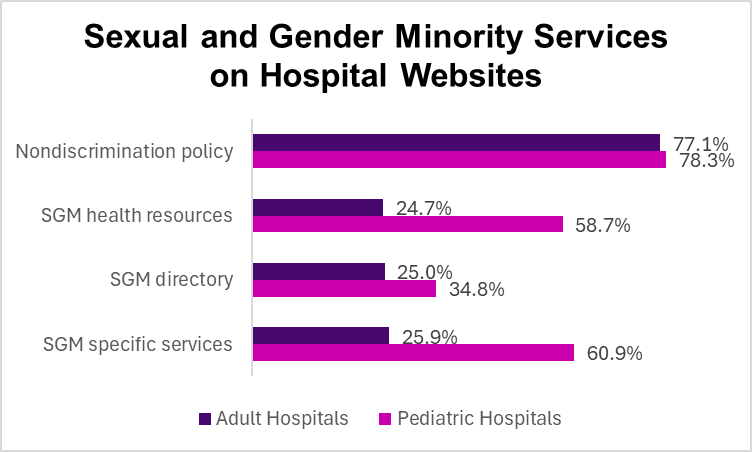Thursday Shorts: HIV organ transplants, race-based algorithms, and gender affirming care information
October 31, 2024
Happy Halloween! Three brief posts today.
1. Organ transplants in those with HIV
When I did my medical training in the 1980s, virtually everyone who was infected with HIV died, usually soon after diagnosis. Antiviral medications have made HIV a chronic disease. Most who are infected with HIV can be on a multi-drug regimen which will make the virus undetectable -- leaving them unlikely to infect sexual partners, and able to live a healthy and long life. However, HIV remains a chronic disease, and many with HIV have organ failure later in life. Kidney and liver transplants have been shown to be safe in this population, and researchers reported in JAMA Surgery that kidney and liver transplant patients with HIV have comparable long-term (over 10 years of observation) organ and patient survival compared to matched transplant recipients who are HIV negative.
2. More providers eliminating race-based algorithms
Providers use algorithms to help guide their decisions, and these algorithms can improve the quality and consistency of care. However, algorithms that include race as a variable can lead to worse outcomes for those in minoritized groups. For instance, an algorithm that included race excluded many Black people from kidney transplant eligibility.
A coalition of a dozen Philadelphia area hospitals have agreed to discontinue use of four such clinical algorithms, including algorithms that estimate kidney and lung function, recommend anemia treatment, and assess risk of vaginal delivery. These changes will mean that Black and Asian patients will have lung disease detected earlier, and Black and Hispanic patients will be treated more proactively for anemia in pregnancy. This could also decrease Cesarean section rates among Black women. Here is a link to an excellent StatNews investigation of race-based algorithms, Embedded Bias.
Here is a link to a past post on algorithmic racial bias
3. Information on gender affirming care often lacking on hospital websites
Source: Sandhu, et al JAMA October 14, 2024
Medical students published research in JAMA this week reviewing information on sexual and gender minority services provided by public-facing web sites of 300 adult hospitals and 46 pediatric hospitals. While most included statements that they did not discriminate against gender and sexual minorities, only a minority of adult hospitals provide information about services available to LGBTQ+ or transgender patients and their families. This heightens the importance of employers, carriers, and navigators to direct members to the services they need.



